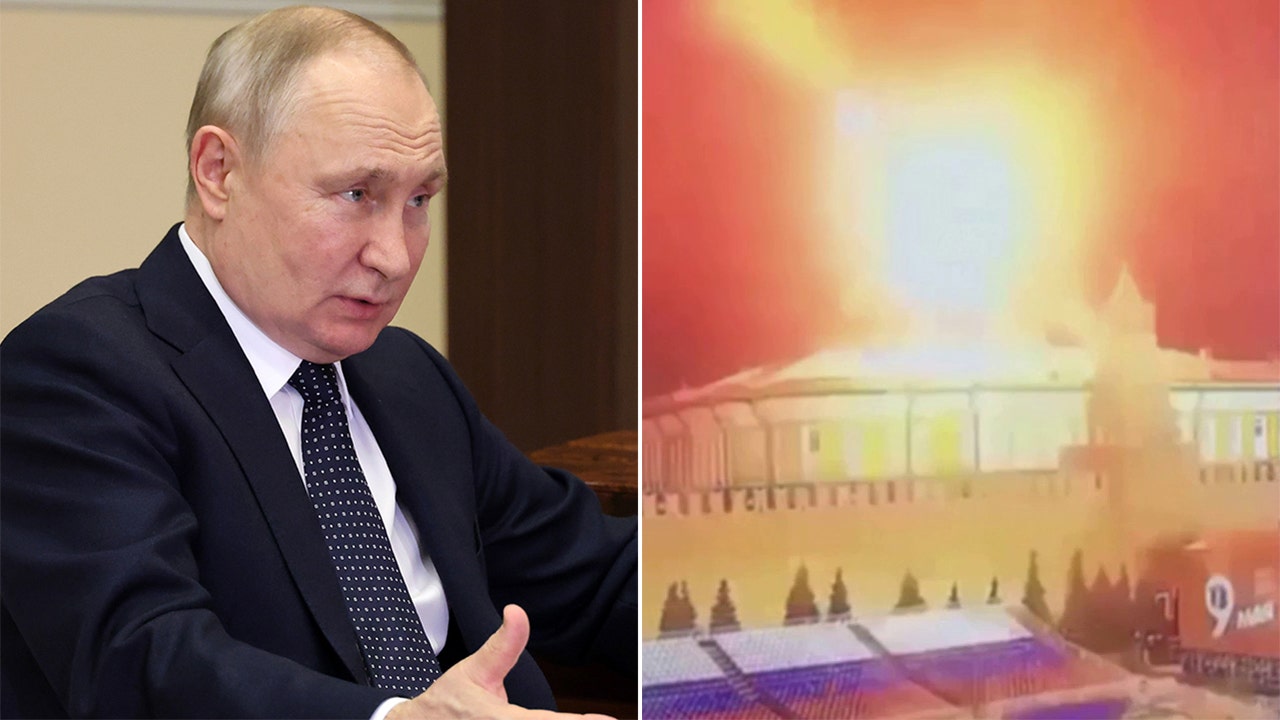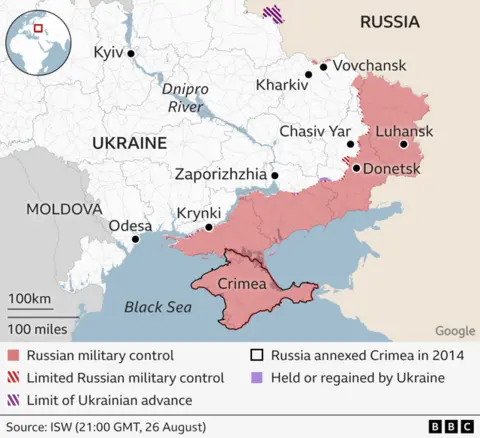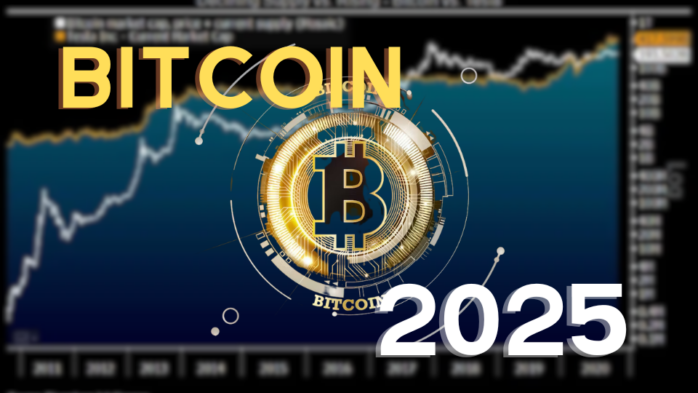Friends, let’s cut through the noise. The situation in the Middle East isn’t ‘volatile’ – it’s a slow-motion disaster unfolding before our eyes. Latest reports confirm a horrifying death toll in Gaza, now exceeding 53,901. This isn’t just a number; it’s 53,901 human tragedies, 53,901 families shattered.
Israel is doubling down with its military presence, deploying all reserve infantry and armored brigades to Gaza. The pressure is mounting, and frankly, the humanitarian situation is beyond critical. The UN is screaming from the rooftops that Gazans have been deprived of basic necessities for over 11 weeks – 11 weeks of suffering!
And the aid trickle? A pathetic 92 trucks in three days according to officials, while Israel claims 83. The discrepancy alone is infuriating. We’re talking about the bare minimum to sustain life, and even that’s being politicized and restricted.
But here’s where it gets interesting. While the battlefield intensifies, diplomatic wheels are finally starting to turn. Talks between Saudi Arabia, Egypt, Jordan, and France suggest a serious push for a two-state solution. Let’s be real though, these talks have been ‘on the table’ for decades. Will this time be different? I’m deeply skeptical.
Adding to the internal turmoil, a physical altercation broke out between Israeli MP Amit Halevi and Defense Minister Yoav Gallant in the Knesset. This isn’t just political disagreement; it’s a symptom of a deeply fractured Israeli government.
Meanwhile, Turkey’s President is engaging with the Syrian regime – an unexpected development that could reshape regional alliances. This is a complex game of chess, and we’re all just watching the pieces move.
Let’s Talk Geopolitics: Understanding the Dynamics
The Gaza conflict’s impact extends far beyond the immediate region. It fuels global energy market instability, affecting prices and supply chains.
The two-state solution, while repeatedly proposed, faces significant roadblocks including land disputes, security concerns, and the status of Jerusalem.
A key aspect of the Israeli policy is ensuring preventing Hamas from rearming or posing a future threat, a goal impacting aid and movement.
The involvement of regional powers like Saudi Arabia and Turkey demonstrates a broad concern for de-escalation yet alongside complex regional agendas.







